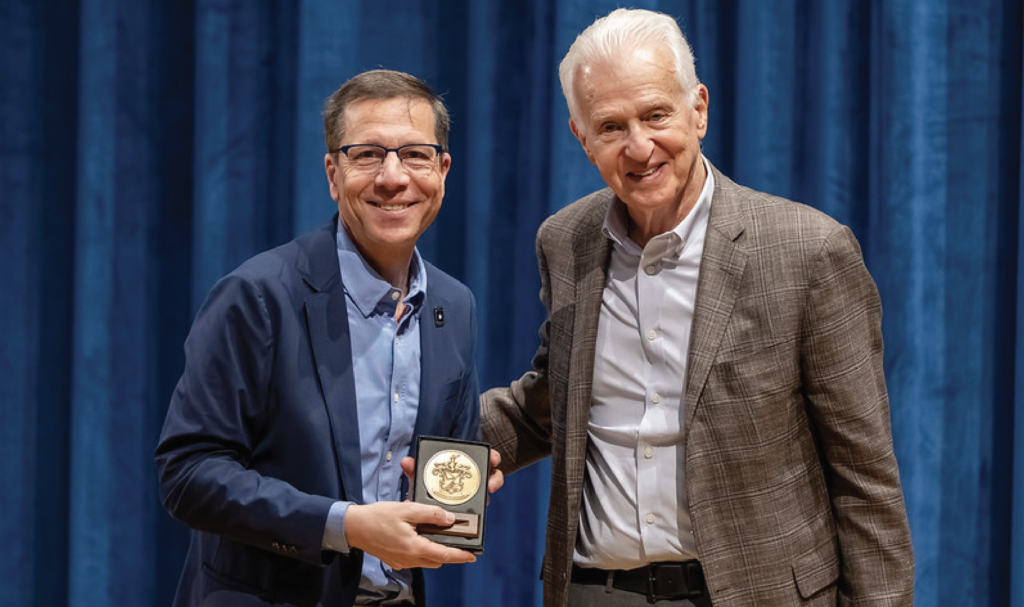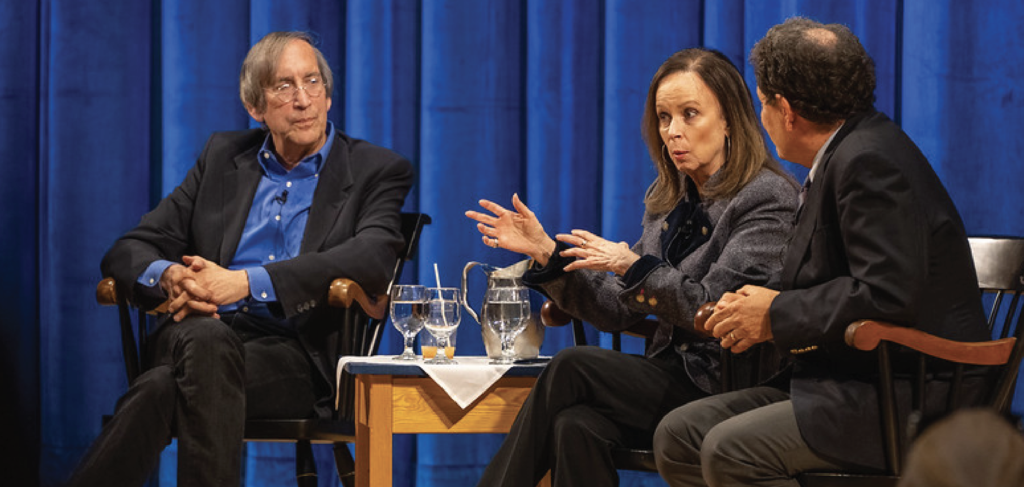
By Addy Hawthorne ’27
Although the Counseling Office has traditionally focused on one-on-one meetings with students, they introduced a new approach this year. Three times per week during the fall term, Psychology teacher and counselor Ms. Tiffany Rivera led 45-minute-long mental health and wellness support groups for students.
“At the beginning of the school year, I sent out a survey with a variety of topics that are common among teenagers and high school students. I used that feedback to then build the curriculum for each of the topics,” Ms. Rivera said. Some session themes included perfectionism and imposture syndrome, balancing responsibilities and self-care, healthy versus unhealthy boundaries, living community values (within a dorm) setting, and managing winter clues.
In addition, Ms. Rivera wanted to increase engagement by bringing the support groups directly to dorms, so she held mandatory mental wellness group meetings for Nichols House, a freshman girls’ dorm. These group counseling sessions were designed to address mental health problems at Choate in a way that connected students and lessened the stigma surrounding mental health and counseling.
Nichols resident Cindy Tian ’27 appreciated the sense of solidarity the big-group format offered. “Sometimes, when you discuss things as a group, you can see that you’re not the only one that feels that way,” Tian said.
English teacher and Nichols’s Head of House Dr. Mary Roca reflected on the importance of mental health. “A school like Choate has about a million things going on at any one given moment. I totally get that feeling of wanting to make the most out of your time here, but that leads to overstimulation, feeling overwhelmed, and taking on too much,” she said.
Nichols resident Rielle Reyes ’27 added, “We have a heavy workload, so it’s important to keep all of us in check since it’s very competitive and it’s important to be healthy.”
However, students’ busy schedules proved to be a barrier to the program’s efficacy. “One of the challenges, to be fully transparent, has been participation,” Ms. Rivera said.
While the compulsory format of the Nichols sessions helped with attendance, it came with its own set of issues. “It’s hard for students to feel fully comfortable or fully engaged if it’s not something that they had a choice in going,” Dr. Roca said. Tian agreed, saying, “I don’t think it should be mandatory.”
Despite these concerns, there seems to be a consensus among students and faculty that the groups have been helpful. “I’ve gotten positive feedback from students that have participated, and if anything, they’re recognizing that it’s normal to talk about mental health,” Ms. Rivera said.
The sessions in Nichols from the fall term proved to be helpful a few months later. “I think it was beneficial, especially now that it’s winter term, and there’s going to be a lot more stress,” Reyes added.
Sessions in the winter occur two nights in a week on Monday and Wednesday evenings. The Counseling Office will be piloting virtual sessions as well. Ms. Rivera encouraged everyone to “come and try it once and see if you benefit from it.”




